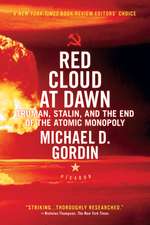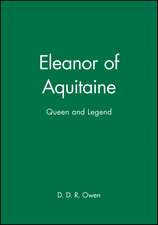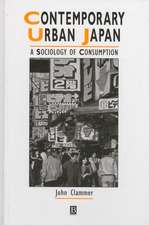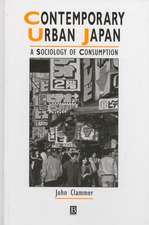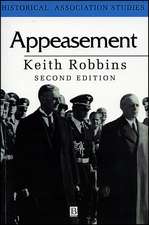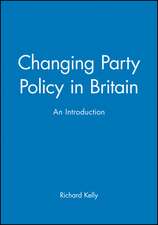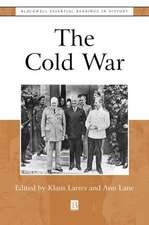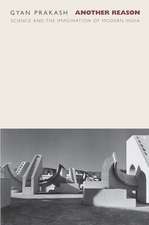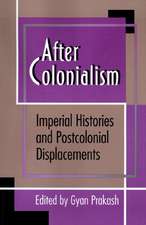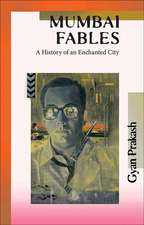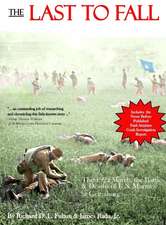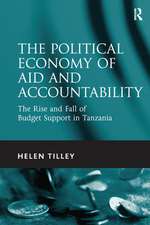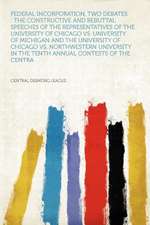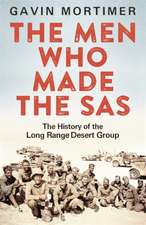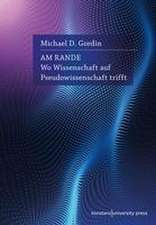Utopia/Dystopia – Conditions of Historical Possibility
Autor Michael D. Gordin, Helen Tilley, Gyan Prakashen Limba Engleză Paperback – 23 sep 2010
"In moving away from more traditional conceptions of utopia and analyzing utopian and dystopian impulses in unusual and rewarding contexts, this book breaks new ground. There are books about utopian movements, utopianism, and utopian impulses, but none match this book's diversity and breadth of coverage."--David Frisby, London School of Economics and Political Science
"The novelty of this collection lies in its approach to utopianism, not as the pursuit of ideal imaginary states to be realized in the future, but as impulses propelling people to reimagine the historical present. The contributors offer informative, critical, and significant essays tied together by a coherent theme. The book makes a novel contribution to the study of contemporary global history."--Partha Chatterjee, Columbia University
Preț: 199.97 lei
Nou
38.27€ • 39.81$ • 31.59£
Carte în stoc
Livrare din stoc 05 martie
Specificații
ISBN-10: 0691146985
Pagini: 312
Dimensiuni: 157 x 251 x 19 mm
Greutate: 0.42 kg
Editura: Princeton University Press
Locul publicării:Princeton, United States
Descriere
The concepts of utopia and dystopia have received much historical attention. Utopias have traditionally signified the ideal future: large-scale social, political, ethical, and religious spaces that have yet to be realized. Utopia/Dystopia offers a fresh approach to these ideas. Rather than locate utopias in grandiose programs of future totality, the book treats these concepts as historically grounded categories and examines how individuals and groups throughout time have interpreted utopian visions in their daily present, with an eye toward the future. From colonial and postcolonial Africa to pre-Marxist and Stalinist Eastern Europe, from the social life of fossil fuels to dreams of nuclear power, and from everyday politics in contemporary India to imagined architectures of postwar Britain, this interdisciplinary collection provides new understandings of the utopian/dystopian experience. The essays look at such issues as imaginary utopian perspectives leading to the 1856-57 Xhosa Cattle Killing in South Africa, the functioning racist utopia behind the Rhodesian independence movement, the utopia of the peaceful atom and its global dissemination in the mid-1950s, the possibilities for an everyday utopia in modern cities, and how the Stalinist purges of the 1930s served as an extension of the utopian/dystopian relationship. The contributors are Dipesh Chakrabarty, Igal Halfin, Fredric Jameson, John Krige, Timothy Mitchell, Aditya Nigam, David Pinder, Marci Shore, Jennifer Wenzel, and Luise White.


